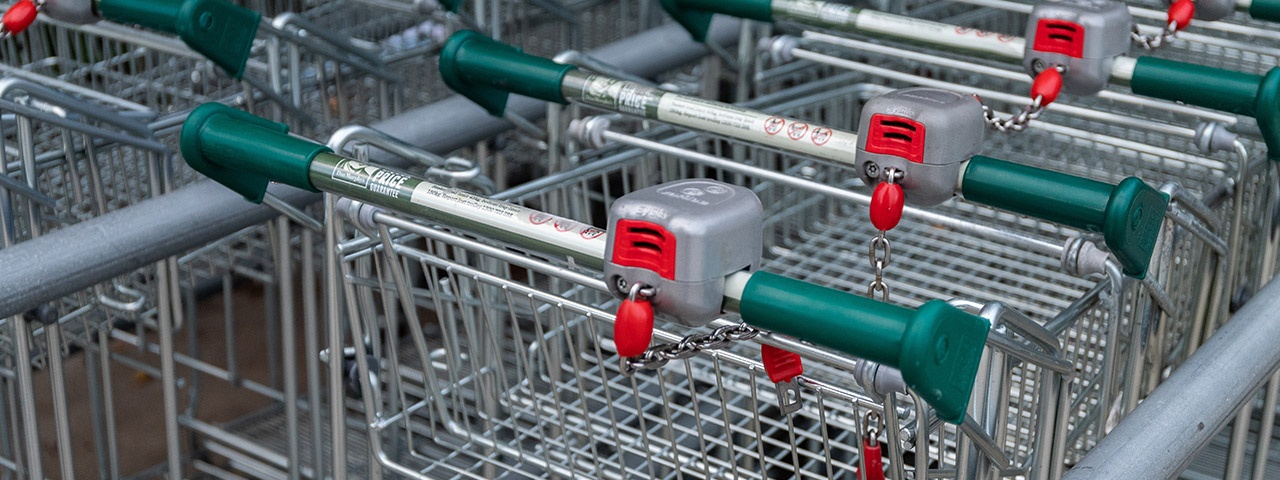A new draft report from the Commerce Commission, released on 29 July, finds the supermarket trade in New Zealand is one of the most concentrated in the world. It suggests the powerful duopoly in control of our wholesale and retail grocery sector is shouldering out healthy competition, overcharging consumers, and freezing out many small suppliers.
Commissioned by the government last year, the final report is due in November 2021. It is likely to call for a raft of robust measures – possibly including government intervention – to prise open the $22 billion market and enable competition from other supermarket and food supply businesses.
One positive take from the situation is that it rings a note of business optimism for Auckland, which is well positioned as a base for new players poised to disrupt the market.
Two’s company
The commission’s report finds that nearly 90 per cent of the country’s grocery market is in the hands of two giants: the Australian-owned Woolworth Group (which owns Countdown, FreshChoice and SuperValue), and locally owned Foodstuffs (New World, Pak’nSave and Four Square), alongside a ‘fringe’ of much smaller businesses, such as Farro and Moore Wilson’s. These big chains appear to be deliberately avoiding competition with one another, so they have the market truly cornered.
The report finds the major stores are making an excessive return on average capital employed (ROACE) – in short, too much profit – and not passing the benefits on. Instead, says a Commerce Commission press release, stores are able to use ‘their buyer power to push excess risks, costs and uncertainty onto suppliers’, who are forced into bottom-dollar trade terms. Also, the big two are actively thinning down their product ranges: artisan and craft brands are being pulled from shelves to make more room for high-volume, high-yield brands such as house brand, Pams. As a result, many smaller producers risk going out of business.
This means that, as well as having fewer options on the shelves, consumers are given scant choice over where to shop. With little incentive for the ‘big two’ to drive down prices, Kiwis are paying too much for meat, cheese, poultry, fish and other basics. According to Statistics NZ, the food bill – along with housing – is by far the greatest monthly outlay for households. As the commerce and consumer affairs minister, David Clark, put it, ‘Consumers deserve to know if they are getting a fair deal at the supermarket checkout, and the draft findings indicate they may not.’
Three’s a crowd
Other chains have tried in the past to muscle in on the grocery sector; the last to try was the Warehouse Group in 2006, without success. While the popular German giant Aldi is reluctant to enter the New Zealand market, hopes are pinned on Costco, which is due to open an Auckland store in 2022.
However, the planning and zoning red tape required to set up a chain of stores makes it hard for new players to enter the game. There are also allegations that the big two have been land-banking to block competition in main centres.
The report’s recommendations
So, what should be done? The full report due for release in November is likely to call for government intervention. This could take the form of creating space for another major retailer, and/or scaling up legislation and official oversight of the sector and allowing suppliers to bargain collectively for retailers. More clarity over pricing and promotions would help improve choice for consumers. Another move could be to force the vertical separation of big chains into wholesale and retail (as telecommunications provider Telecom was split into Chorus and Spark), increasing what the report calls, ‘wholesale access to a wide range of groceries at competitive prices’.
There’s scope, too, for an entirely different approach. Competitors with a highly evolved online model could offer a compelling point of difference, as could retailers with strong social or environmental values. An example is the online UK store Eco-refill, which delivers goods in sustainable packaging.
Auckland to reap the benefit
Home to one-third of the nation’s population, and the country’s largest transport hub, Auckland is the obvious base for new grocery enterprises to set up stores and warehousing. Conditions in Auckland are also ideal for e-commerce centres, with easy access to port, rail and an international airport.
Invest Auckland is ready to give support to new contenders investigating the market. It can help identify key markets and facilitate ongoing research, and globally publicise the opportunity. Bringing overseas stakeholders into the profitable New Zealand groceries market can produce a win for everyone, from the retailer through to the supplier and consumer.
Find out more
Contact Investment Specialist Andrew Carpenter to learn more about investing in Auckland, New Zealand.
This article provides general information on potential investment opportunities in Auckland and is not intended to be used as a substitute for financial advice. The views and opinions expressed are those of the relevant author, and do not necessarily reflect the views of Tātaki Auckland Unlimited. Tātaki Auckland Unlimited and the author disclaims all liability in connection with any action that may be taken in reliance on this article, and for any error, deficiency, flaw or omission contained in it.
